When your child wakes up with a cough, runny nose, or fever, it can be tough to know what’s causing it. Is it COVID-19? The flu? Could it be RSV? These viruses share many symptoms, especially in kids, and they tend to circulate at the same time of year. At Health Care for Children, in Kansas City, Missouri, serving the area of Liberty and Independence, we want parents to feel more confident about what to watch for and when to schedule a sick visit.
COVID-19 in Kids
COVID-19 symptoms can range from very mild to more intense. Children often experience fever, sore throat, congestion, fatigue, and cough. Some may also have headaches, stomach upset, or body aches. In many cases, COVID symptoms overlap with flu or RSV, which is why testing is sometimes needed to know for sure. The virus can be more serious in children with weakened immune systems or certain other conditions, though most recover well at home.
Flu in Children
Influenza tends to come on quickly, with a sudden fever, chills, body aches, and extreme tiredness. Kids may also complain of a sore throat, dry cough, or upset stomach. While the flu usually runs its course in about a week, it can sometimes lead to complications like pneumonia or ear infections, especially in younger children. The flu vaccine, available at Health Care for Children’s Kansas City, Missouri, office, is the best way to prevent or reduce the severity of infection.
What to Know About RSV
Respiratory syncytial virus (RSV) is very common in babies and toddlers, especially during the fall and winter months. Symptoms include congestion, cough, low-grade fever, and difficulty breathing. While older children often get through RSV like a regular cold, infants and some toddlers, especially those born prematurely, can develop more serious symptoms such as wheezing or labored breathing. If your baby is breathing fast, flaring their nostrils, or struggling to eat, call your pediatrician right away.
How to Tell the Difference
It’s nearly impossible to tell these three viruses apart based on symptoms alone. All can cause fever, coughing, and congestion. COVID and flu can include muscle aches and chills, while RSV is more likely to cause wheezing in young kids. COVID may also show up with a loss of taste or smell, though this is less common in children. The only way to know for sure is through testing at a sick visit.
When to Call the Doctor
Call your pediatrician if your child has a high or persistent fever, trouble breathing, signs of dehydration (like fewer wet diapers), or if symptoms seem to be getting worse rather than better. At Health Care for Children, we’re here to help with same-day sick visits.
If your child isn’t feeling well and you’re unsure what’s causing it, give us a call at (816) 925-4455. We’ll help you figure out the next best step so your child can start feeling better, and so you can breathe a little easier, too.


